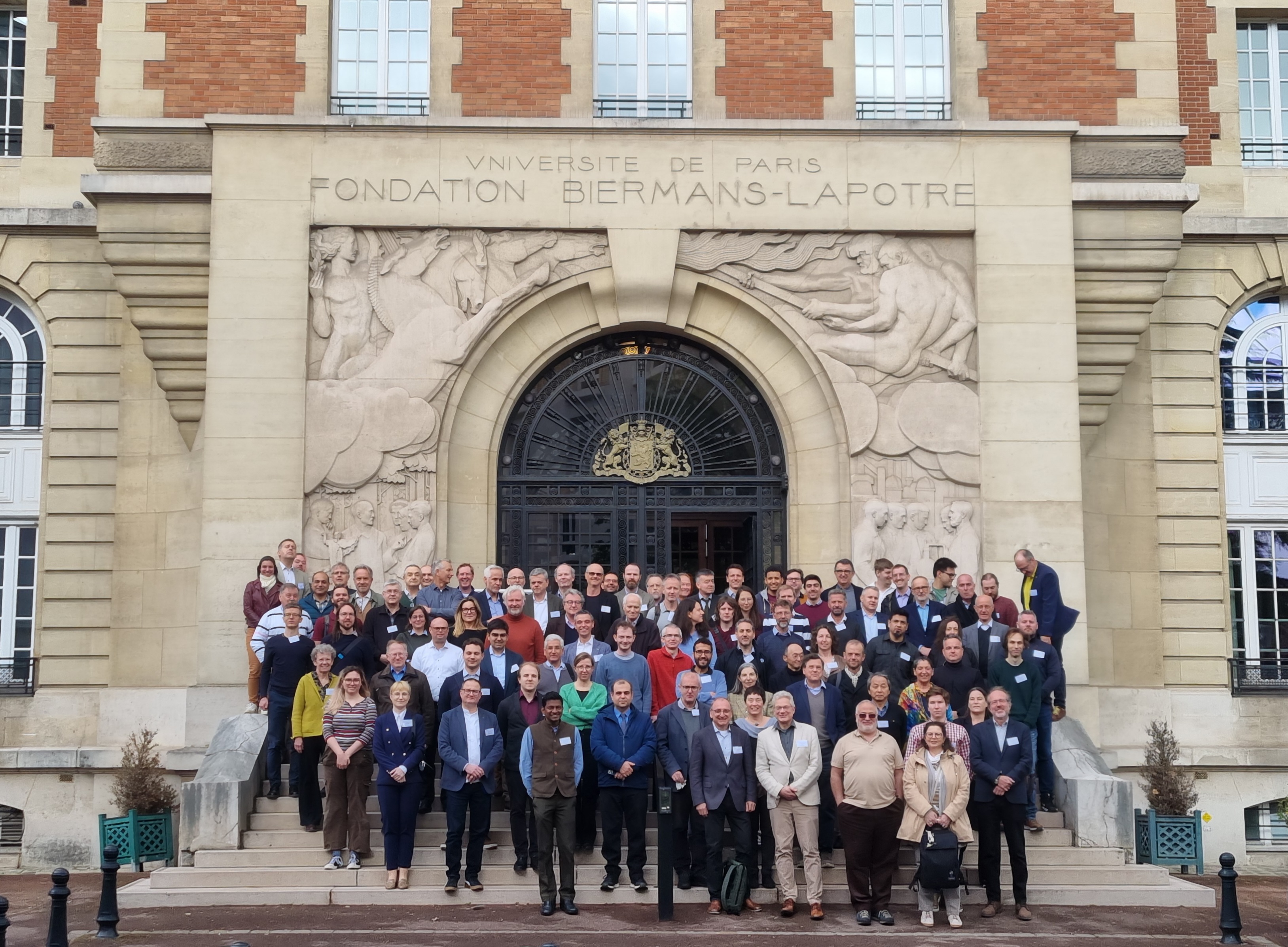In mid-April, the European particle accelerator community gathered in Paris for the third annual meeting of the I.FAST project. Funded by the European Union as part of the Horizon 2020 programme, this project brings together a broad consortium of 47 institutes and industrial companies to explore innovative options and develop cutting-edge technologies for future accelerator platforms.
As in the previous two years, particular emphasis was placed on meetings between the academic world and industry, both large and small. An entire day was devoted to discussing the challenges of cryogenics in Big Science. Organised jointly with AIDAinnova and LEAPS-INNOV, which are also funded by Horizon 2020, the day provided an opportunity to explore the many synergies between well-identified fields - particle accelerators and detectors, light sources, nuclear fusion - as well as emerging technological sectors: energy storage, hydrogen transport, quantum and space applications.
Encourage by the success of this event, the three projects will be present at the next Big Science Business Forum in Trieste, Italy, in October 2024, where they will jointly hold a stand and a session.
The annual meeting provided an opportunity to discuss progress made in the project's core areas: new accelerator applications, light sources, permanent magnets, additive manufacturing, and superconducting materials. Progress on the eight projects selected as part of the I.FAST Innovation Fund, designed to stimulate innovation for accelerator sustainability, was also presented. As it enters its final year, the I.FAST project will focus on the impact of its research.
A session was devoted to defining standard approaches to describe the environmental impact of large Research Infrastructures. Experts external to the accelerator community gave their contribution, presenting standard methodologies for Life Cycle Assessment and ways to design for sustainability.
On the last day of the event, a round table discussion on the importance of diversity for innovation started a lively discussion that will be certainly continued next year!

